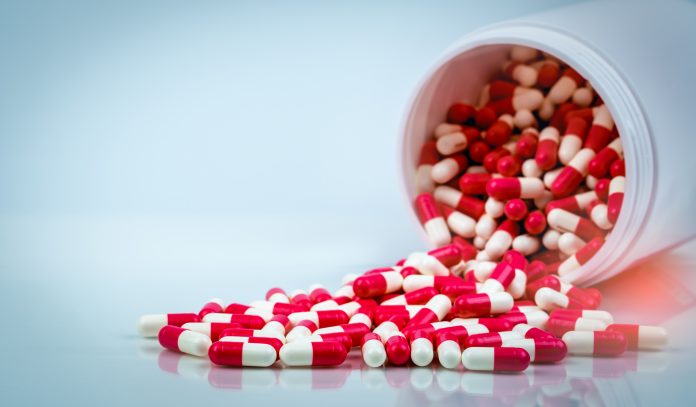Only 11% of Brits see antimicrobial resistance as a serious threat to society, despite the outgoing UK Chief Medical Officer saying earlier this year that Superbugs “could kill us before climate change does”
Antimicrobial resistance (AMR) should be taken more seriously, yet more than 99% of the population are not fully aware of its impact.
Superbugs, bacteria which develop resistance, already cause more than 700,000 deaths every year and the figure could rise to 10 million by 2050.
But, only 11% of Britons view AMR as a serious threat to society, ranking it below climate change (50%), religious conflicts (27%), and unemployment (23%), according to new research from Pfizer UK.
Antibiotics have saved millions of lives since they were first discovered – but a world without antibiotics, where people die from infections which are currently treatable, could be closer than we think. Routine procedures, from c-sections to hip replacements, would become life-threatening – effectively any infection could become a death sentence, especially for those with a weakened immune system – for instance those undergoing chemotherapy treatment for cancer.[i] However, three-quarters of people asked don’t know or don’t believe that resistance could make caesareans too risky to perform.
Susan Rienow, Hospital Business Unit Lead, Pfizer UK: “The Pfizer UK survey, launched this World Antibiotics Awareness Week, demonstrates that more needs to be done to raise awareness of the dangers Superbugs pose to society. AMR is a complex problem with no single solution, but a major cultural shift is needed in how we view and use antibiotics. We need to work together to find solutions to ensure that future generations continue to benefit from these life-saving medicines.”
Antibiotic resistance occurs naturally, but misuse of antibiotics in humans and animals is accelerating the process. This includes using them for things like coughs and colds where they will have no effect.
AMR arises when the micro-organisms which cause infection (e.g. bacteria) survive exposure to a medicine that would normally kill them or stop their growth – creating the so-called Superbugs.
If we do not act today, it is estimated that 10 million lives a year could be put at risk due to the rise of drug-resistant infections by 2050.[ii]
References
[i] Teillant A, et al. Potential burden of antibiotic resistance on surgery and cancer chemotherapy antibiotic prophylaxis in the USA: a literature review and modelling study. The Lancet Journal of Infectious Diseases. 2015. DOI: https://doi.org/10.1016/S1473-3099(15)00270-4
[ii] World Health Organization. No Time to Wait: Securing the future from drug-resistant infections. Available at: https://www.who.int/antimicrobial-resistance/interagency-coordination-group/final-report/en/. Last accessed October 2019.











